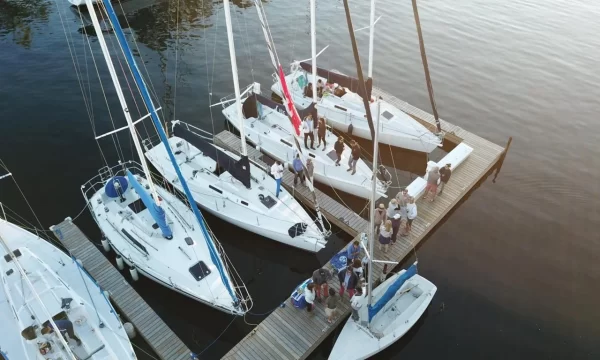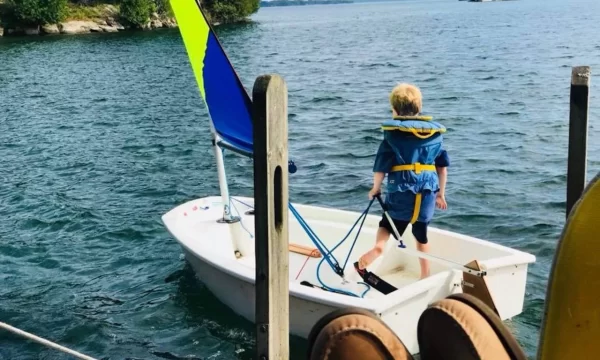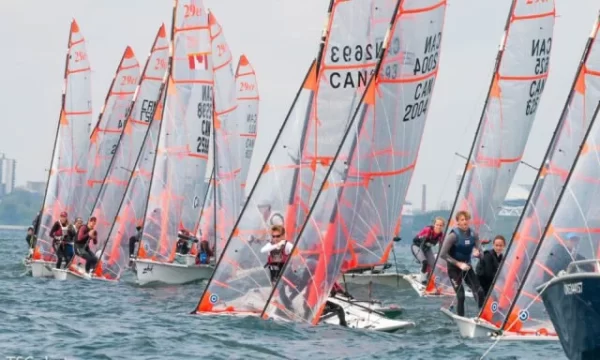NAVIGATION
Sail Canada Navigation Programs provide candidates with the skills needed to navigate a vessel safely and effectively in a range of settings. Each program standard listed below provides a detailed outline of that is included in the training and what is required for certification. Programs are delivered locally by Sail Canada Certified Instructors at clubs and schools across Canada.
OVERVIEW
BASIC COASTAL NAVIGATION
To be able to plan and safely navigate by day in Canadian coastal and inland local waters. This introductory course offers basic knowledge of navigation theory and is the initial course in a comprehensive set of courses offered by Sail Canada on vessel navigation.
VIEW BASIC COASTAL NAVIGATION STANDARD
INTERMEDIATE COASTAL NAVIGATION
To be able to demonstrate the navigational theory required to safely plan and execute a long continuous passage including night sailing in unfamiliar coastal or inland waters, in all conditions of visibility, with or without electronic aids. The concepts are applied and tested in the Advanced Cruising Standard.
VIEW INTERMEDIATE COASTAL NAVIGATION STANDARD
Supporting Documents For Basic and Intermediate Coastal Navigation:
- Plotting Symbols Manual
- Changes to Coastal Navigation – Overview Presentation
- Coastal Navigation vs. Basic Coastal Navigation
- Coastal Navigation vs. Intermediate Coastal Navigation
ADVANCED NAVIGATION STANDARD
To be able to demonstrate the navigational theory required to safely navigate a vessel on a multi-day voyage in tidal waters, in all conditions of visibility and weather, in accordance with a prepared passage plan, and applying the principles and techniques of safe navigation aided by conventional and electronic instruments and radar. (This standard comprises 4 modules and it is anticipated that they will be taught and examined independently. To be awarded the standard the student must complete all the modules. There is no time limit for this completion nor is there a required sequence.)
VIEW ADVANCED NAVIGATION STANDARD
CELESTIAL NAVIGATION STANDARD
To be able to demonstrate the celestial navigation theory required to safely navigate a sailing cruiser on an offshore passage. The Standard is applied practically in the Offshore Cruising Standard.








